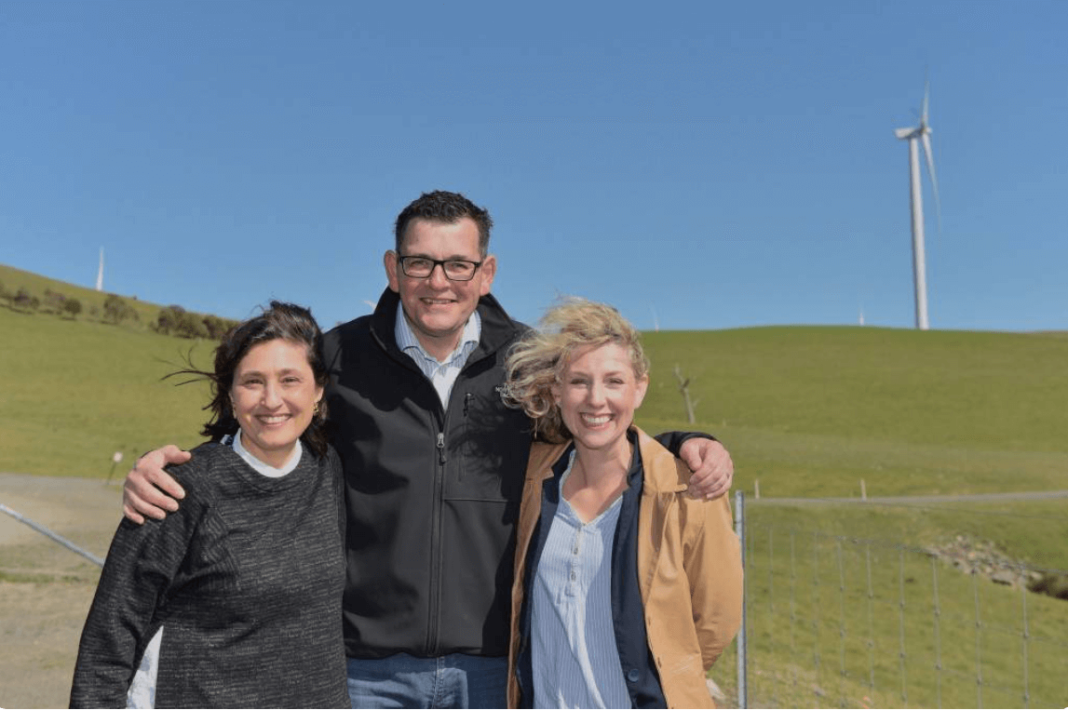The Victorian Government has been accused of using a climate report written without any input from forestry researchers or the forest industry to close the native forestry industry.
In a report for the Gippsland Times, Phillip Hopkins reports that forest groups resent the lack of consultation and have attacked the intellectual content of the report.
The report, ‘Victoria’s 2035 Climate Action Target: Driving Growth and Prosperity,’ was published in March.
The report was supported by analysis used to make the findings.
Hopkins reports that it was written by a three-person expert panel consisting of climate change and investment consultants.
It was commissioned in January 2022 by then Minister for Energy, Environment and Climate Change, Lily D’Ambrosio.
Its task was to advise the government under its Climate Change Act on reducing greenhouse gas emissions by 80% by 2035 and net zero by 2045.
According to Hopkins, the report urged the government to deliver its policy to close the native forestry industry by 2030.
However, it should “accelerate measures to cease native logging and build a leading sustainable plantation forest industry while protecting Victoria’s natural carbon stores, biodiversity, and the tourism potential of native forests”.
It also highlighted a youth roundtable recommendation: “End native logging and preserve forests.”
The report was written without any contribution from Forestry Australia, Forest and Wood Products Austalia, the Victorian Forest Products Association or leading forestry academics.
The expert panel urged action to reduce negative socio-economic impacts in Victoria from the shift to net zero emissions.
According to the panel, “careful planning and early consultation will be needed to ensure a fair and equitable transition for communities dependent on carbon-intensive industries.”
These included the Latrobe Valley, its coal-fired power stations, and Gippsland’s native timber harvesting industry.
The LaTrobe Valley has been crippled by the sudden decision to accelerate the ban on native harvesting and issued a statement of support for native forest management last month.
Peter Rutherford, a former senior forestry executive in the Victorian public service, said this high emphasis on consultation with those industries seemed “empty rhetoric”.
“There was no consultation with affected stakeholders before the announced closure of the native forest industry.”
The chief executive of Forestry Australia, Jacquie Martin, said her organisation would have welcomed the opportunity to provide evidence-based advice to the expert panel.
The March report was published two months before the Andrews government shocked the industry by accelerating the closure.
Citing the supreme court decision against VicForests, which was upheld by the court of appeal last month, Premier Daniel Andrews noted, “It’s not good enough for us to just cross our fingers and hope for the best. We need a plan to support workers, their families and support local jobs.”
Mr Rutherford said the March 2023 report, with targets, was confirmed by the government in May.
“Given the May confirmation of the report targets by the government, was this the trigger the government orchestrated to make the May announcement to close the native forest industry by the end of the year?”
Mr Rutherford, a forestry scientist who is the secretary of the NSW South East Timber Association, said.
The 2035 climate report said an 80 per cent emissions reduction target in 2035 would require revegetation of at least 400,000 hectares by 2035 – at least double the ambitious 200,000 ha target of Biodiversity 2037.
This went hand-in-hand with protecting and enhancing existing native vegetation, with one report showing that mature trees captured more carbon than young trees, so leaving forests intact had ‘carbon benefits’.
It is not the first time the government has been accused of hasty decisions
Last month, Wood Central exclusively reported that the Traditional Owners were not consulted before the Victorian Government decided to bring forward the date for the cessation of native timber harvesting.
In an interview with the Federation of Victorian Traditional Owner Corporations, Wood Central was told that “at least one of the member corporations is currently involved in works under a TUP (in the Wombat State Forest), so this is a drastic and highly impactful decision on their realisation of healthy Country.”
Wood Central contacted the current Minister for Environment, Ingrid Stitt’s office, for comment, with no comment forthcoming.






